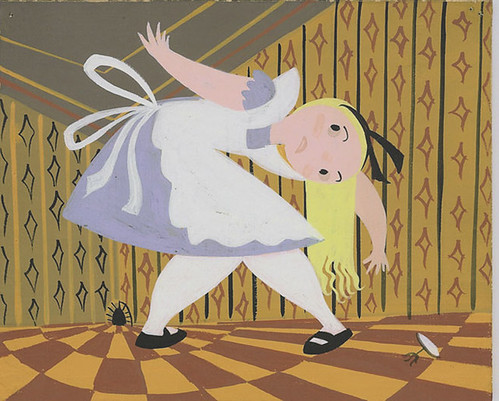China reacts to ‘Bunny suicide’ book
The bestselling Book of Bunny Suicides: Little Fluffy Rabbits Who Just Don’t Want to Live Anymore has come under fire in China after a number of children made serious suicide attempts and one twelve year old jumped from a sixth floor apartment.
Newspapers there are blaming the exam-oriented educational system for excessive pressure on students while the China Mental Health Association has reported that suicide in China is triple the world average for 15 - 34 year olds.
As a reaction to the rising fears bookshops have begun to remove the book from their shelves. (Irish Times)
*September 10 was World Suicide Prevention Day. While I don’t see the need, or the effect, of candle vigils there is a need for people to be more open and willing to talk about suicide. It effects thousands of people each year - in 2005 431 Irish people took their own lives. Banning books that might initiate discussion isn’t helping. Books, like Keith Gray’s Ostrich Boys approach suicide with humour and reality and could, at least in theory, help begin discussion.


